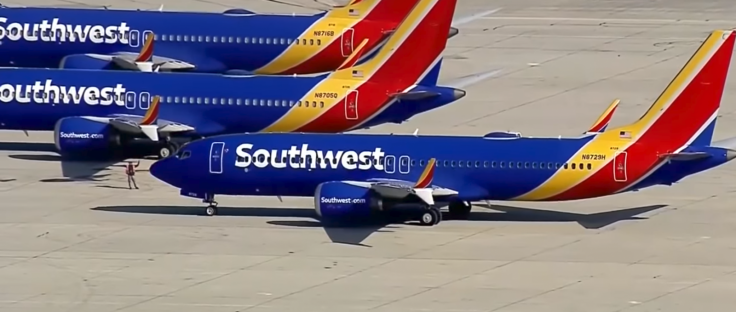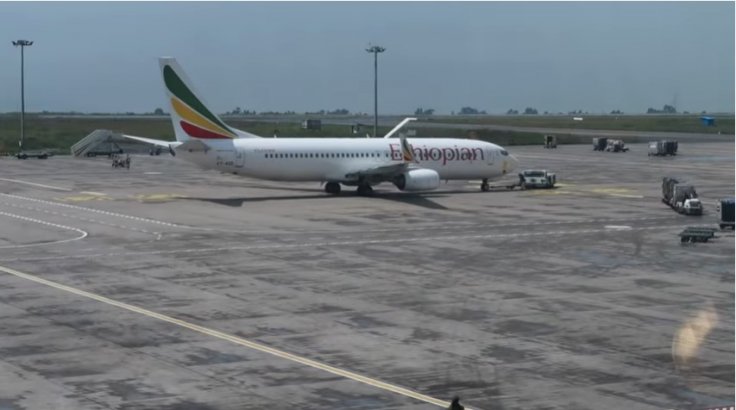A U.S. judge in Texas ruled on Friday that people killed in two Boeing 737 MAX crashes are legally considered "crime victims," a designation that will determine what remedies should be imposed.
In December, some crash victims' relatives said the U.S. Justice Department violated their legal rights when it struck a January 2021 deferred prosecution agreement with the planemaker over two crashes that killed 346 people.

The families argued the government "lied and violated their rights through a secret process" and asked U.S. District Judge Reed O'Connor to rescind Boeing's immunity from criminal prosecution - which was part of the $2.5 billion agreement - and order the planemaker publicly arraigned on felony charges.
O'Connor ruled on Friday that "in sum, but for Boeing's criminal conspiracy to defraud the (Federal Aviation Administration), 346 people would not have lost their lives in the crashes."
Paul Cassell, a lawyer for the families, said the ruling "is a tremendous victory" and "sets the stage for a pivotal hearing, where we will present proposed remedies that will allow criminal prosecution to hold Boeing fully accountable."
Boeing did not immediately comment.
The Deal
After the families filed the legal challenge saying their rights were violated under the Crime Victims' Rights Act, Attorney General Merrick Garland met with some of them but stood by the plea deal, which included a $244 million fine, $1.77 billion compensation to airlines and a $500 million crash-victim fund.
The deal capped a 21-month investigation into the design and development of the 737 MAX following the deadly crashes in Indonesia and Ethiopia in 2018 and 2019.

Boeing did not disclose key details to the FAA of a safety system called MCAS, which was linked to both fatal crashes and designed to help counter a tendency of the MAX to pitch up. "Had Boeing not committed its crime" pilots in Ethiopia and Indonesia would have "received training adequate to respond to the MCAS activation that occurred on both aircrafts," O'Connor ruled.
Boeing Demand
The crashes, which have cost Boeing more than $20 billion in compensation, production costs, and fines, and led to a 20-month grounding for the best-selling plane, prompted Congress to pass legislation reforming FAA airplane certification.
Boeing wants Congress to waive a December deadline imposed by the legislation for the FAA to certify the MAX 7 and MAX 10. After that date, all planes must have modern cockpit alerting systems, which the 737 planes do not have.
Last month, Boeing paid $200 million to settle Securities and Exchange Commission charges it misled investors about the MAX.








